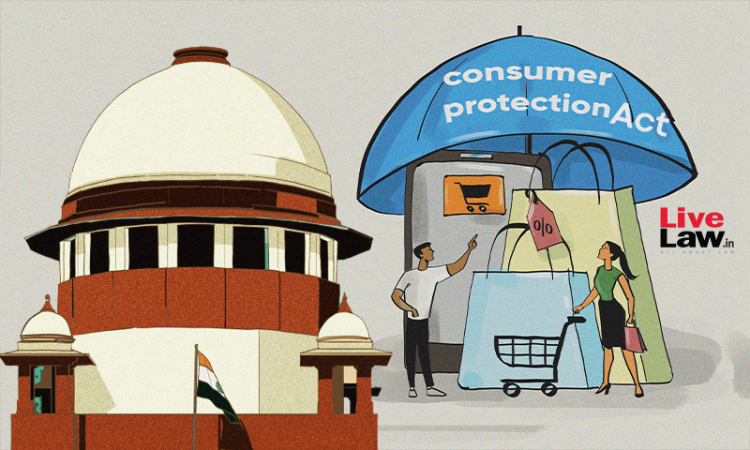Commercial Transactions Outside Purview Of Consumer Protection Act 1986: Supreme Court
Yash Mittal
8 April 2024 11:04 AM IST

Next Story
8 April 2024 11:04 AM IST
The Supreme Court held that complaints seeking recovery of the investment from which the complainant is deriving benefit in the form of interest cannot be entertained under the Consumer Protection Act of 1986. “It was a commercial transaction (investment) and therefore also would be outside the purview of the 1986 Act. Commercial disputes cannot be decided in summary proceeding under the...
